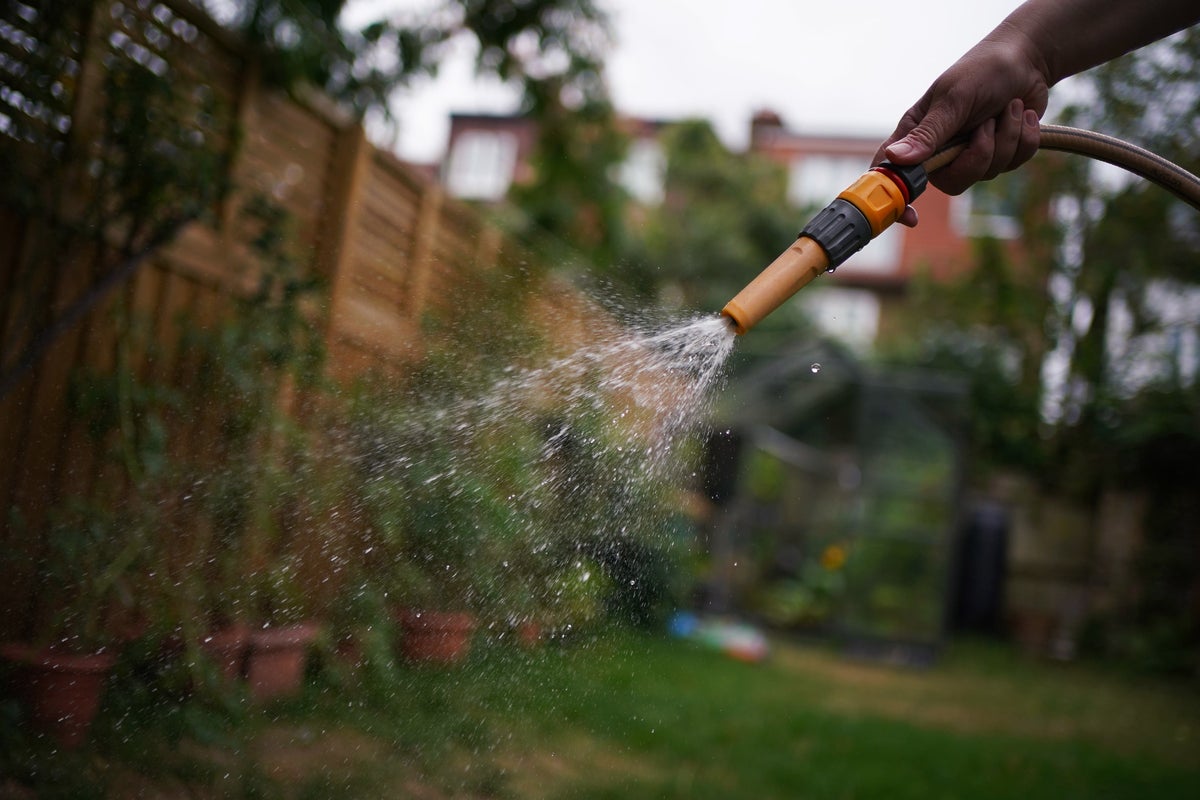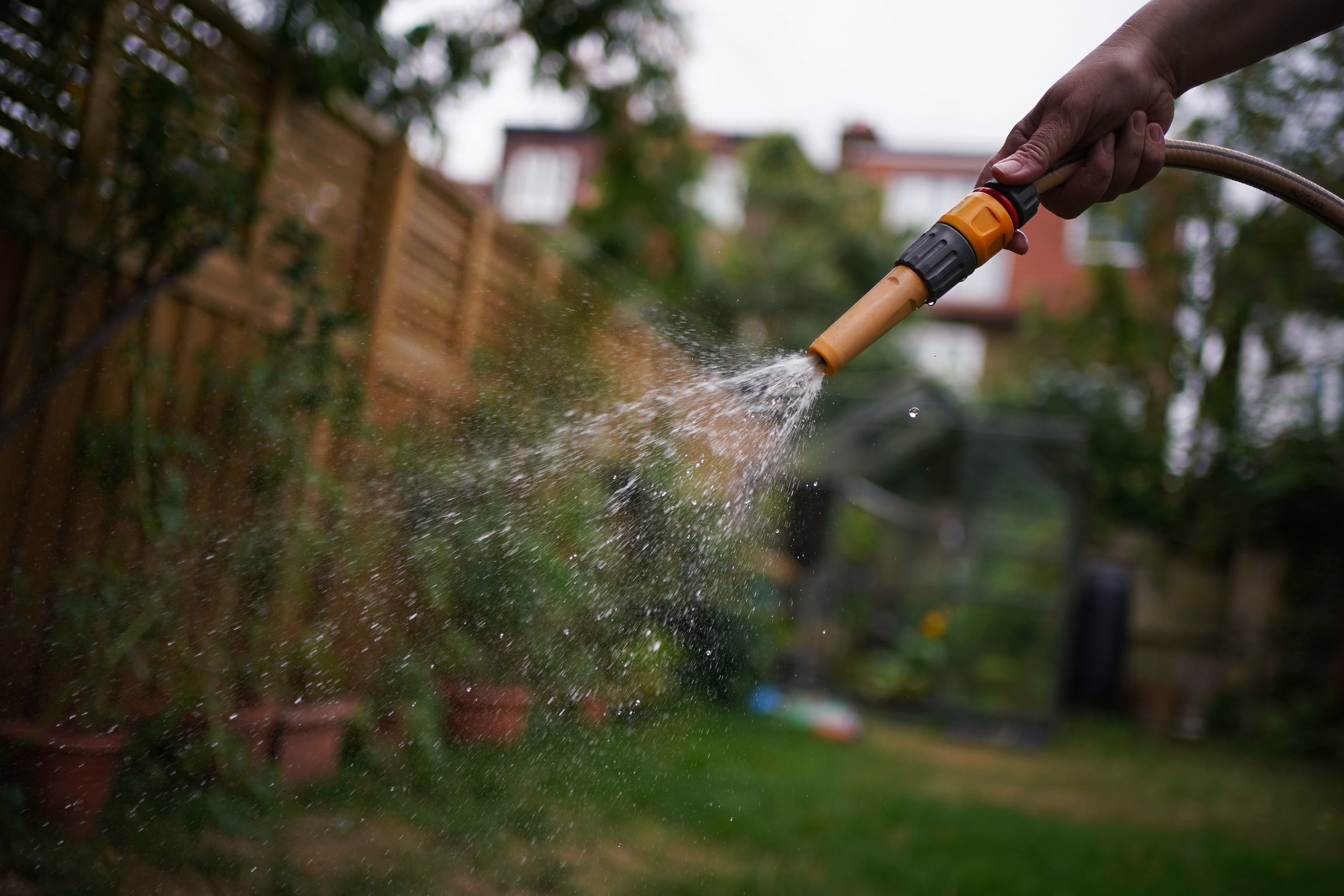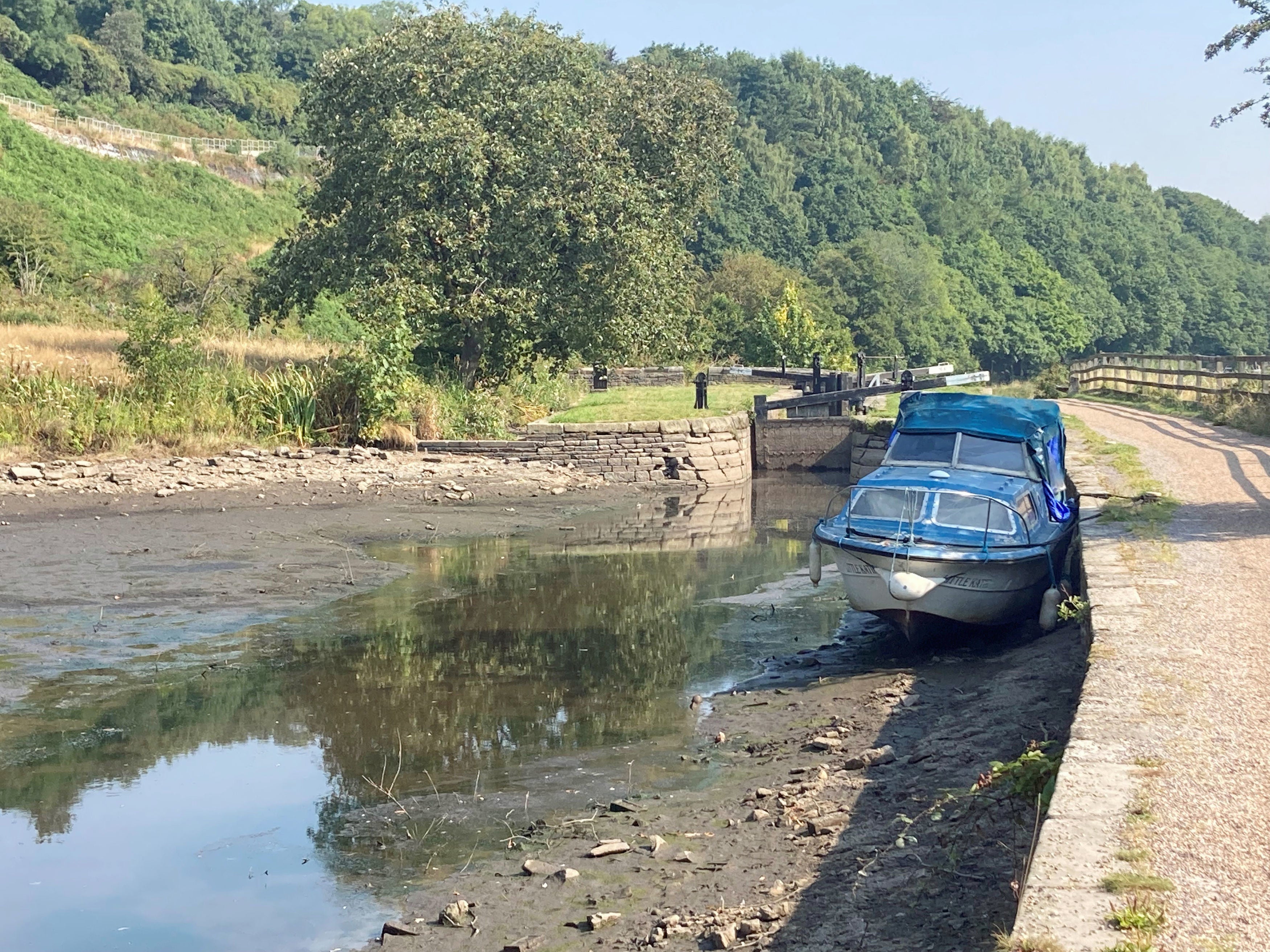
A hosepipe ban affecting millions of residents in England is to begin following record demand for drinking water amid the scorching hot weather.
South East Water (SEW) has announced restrictions for its customers in Kent and Sussex, saying the situation had developed “more rapidly” than last year.
A similar ban for customers in the two counties was introduced in August 2022 following the driest July in Kent since records began and the lowest rainfall in Sussex since 1911.
The latest ban will come into force on 26 June and remain in place until further notice.
It was announced as some 4,000 of SEW’s customers were already faced with little or no water following supply issues in Tunbridge Wells and the surrounding areas, Biddenden and Staplehurst and Wadhurst and Mayfield.
Bottled water stations have been set up in the affected areas.
Despite providing an extra 120 million litres of water a day, demand in June has broken records, including from the Covid lockdown heatwave.
David Hinton, SEW chief executive officer, said: “This situation has developed much more rapidly than last year. Understandably, we’ve seen customer demand increase in line with the hotter weather, however this has impacted our ability to keep all customers in supply at all times.

“Despite asking for customers help to use water for essential uses only, regrettably we’ve now been left with no choice but to introduce this temporary use ban restriction to protect customers supplies across Kent and Sussex.
“The long-term forecast for the rest of the summer is for a dry period with little rainfall, although temperatures may reduce slightly. Restricting the use of hosepipes and sprinklers to make sure we have enough water for our customers’ essential use, will ensure we can serve our vulnerable customers and to protect the local environment.”
He added: "The temporary restrictions, will be enforced from 26 June. This will mean that customers will be prevented from using hosepipes for watering their gardens, washing cars, patios and boats and from filling swimming and paddling pools.
"We are very aware that climate change and other factors are increasing the frequency of these events and we are submitting proposals to our regulator, Ofwat to solve these issues.
“I would like to thank everyone who has already taken steps to try and reduce their overall water use but despite this, demand still remains very high which is why we have taken this decision to bring in temporary use restrictions.”

On Friday, three schools in East Sussex partially closed due to water shortages. Mark Cross Church of England Primary School in Crowborough said it could not open to all year groups because of reduced sanitary facilities and no running water.
Areas experiencing no or low water pressure during the week include Crowborough, Wadhurst, Mayfield, Lewes, Newhaven in East Sussex, and Biddenden, Staplehurst, Cranbrook and Ashford in Kent.
Last summer, hosepipes bans were in place across swathes of the country and at one point a total of 11 of the 14 Environment Agency areas in England were in drought.
The hottest day on record was also recorded last summer when 40.3C was recorded at RAF Coningsby in Lincolnshire.
Scientists say climate change’s heating of the Earth is contributing to more extreme weather events such as higher temperatures and drought.







